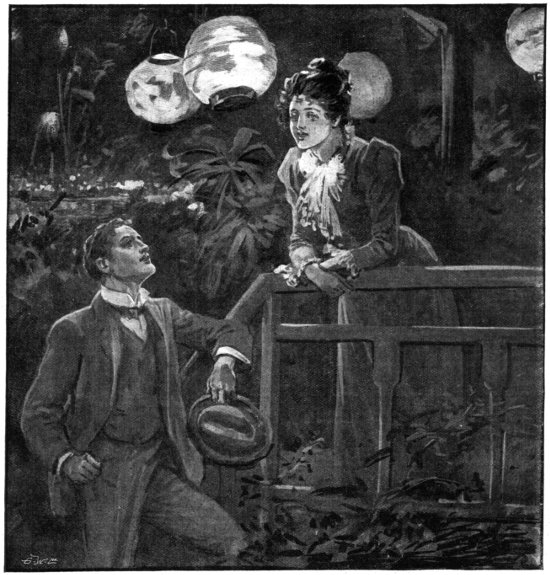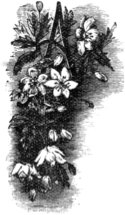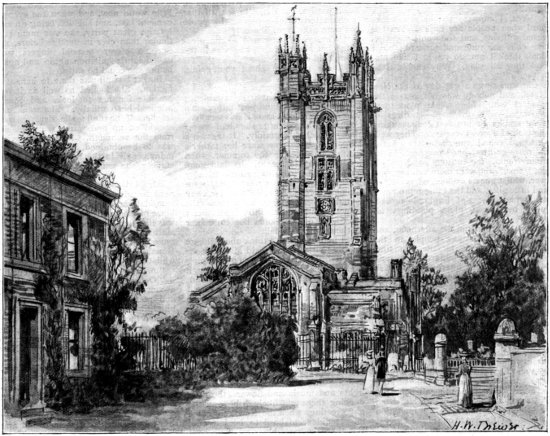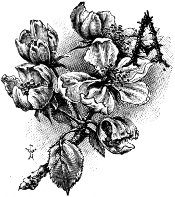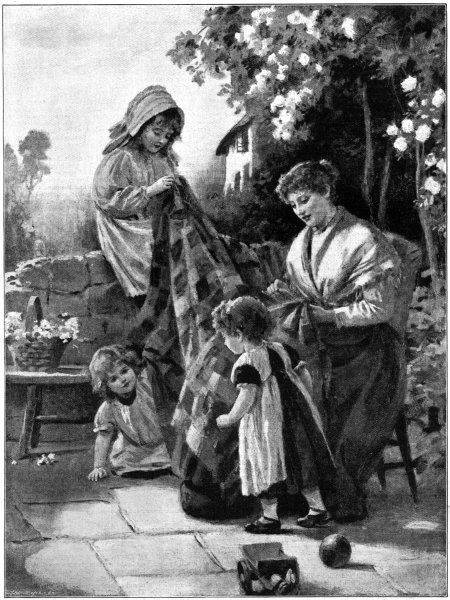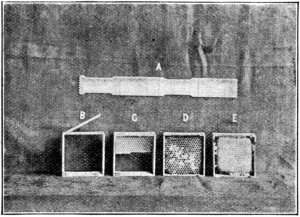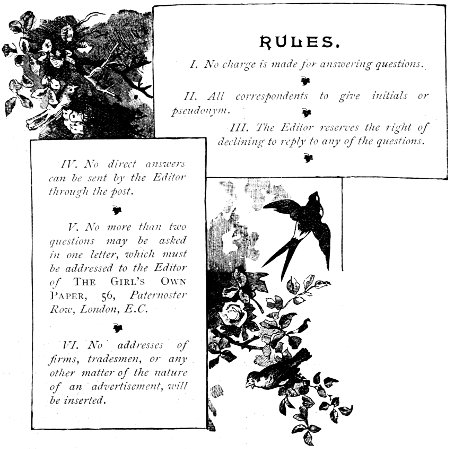THE GIRL’S OWN PAPER

Vol. XX.—No. 1019.]
[Price One Penny.
JULY 8, 1899.
[Transcriber’s Note: This Table of Contents was not present in the original.]
SHEILA’S COUSIN EFFIE.
VARIETIES.
THE HOME OF THE EARLS POULETT.
LESSONS FROM NATURE.
THE COURTSHIP OF CATHERINE WEST.
THE PLEASURES OF BEE-KEEPING.
THE HOUSE WITH THE VERANDAH.
ANSWERS TO CORRESPONDENTS.
